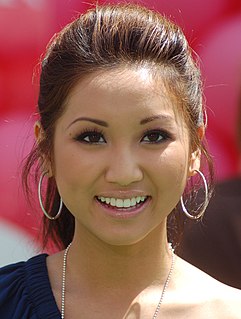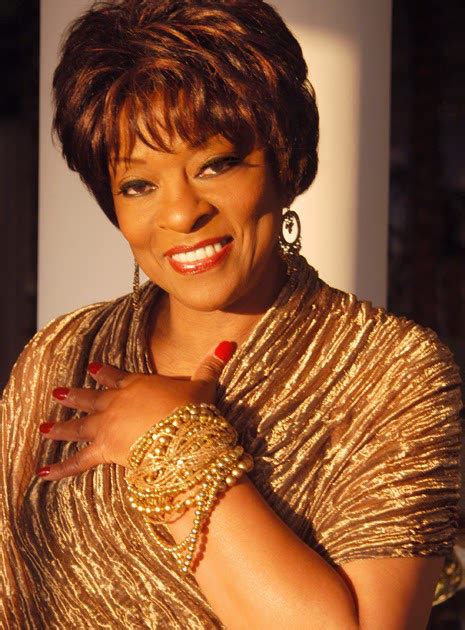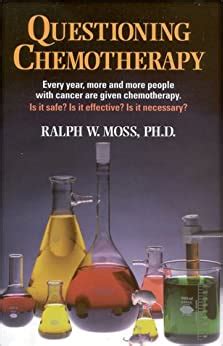A Quote by John Bel Edwards
Many people may automatically associate breast cancer with women only, but that is a huge misconception because this disease does not discriminate.
Related Quotes
Since the fright of breast cancer hit our family, I have been surprised by how many people are dealing with breast cancer in their own family or with a loved one. One friend bluntly told me that she has been through it with her sister, her mom, and her grandmother, and all are healthy and mentally stronger because of the disease.
I am involved with so many charitable organizations. Lung Cancer because of my dad, Breast Cancer because as a woman and mother of two daughters I have to be, Lupus for my sister, Crohn's disease for a dear friend, as well as Oceana and The Plastic Pollution Coalition because we have to be responsible to save the planet!
I would tell a newly diagnosed young woman that breast cancer is a complex disease which can be frightening and confusing, and it's normal to experience these emotions, and having a good support system is important. Be an active participant in your treatment, follow your doctor's instructions and ask questions. Also, I would tell her that there have been many advances in breast cancer and women are now living much longer.
Kanematsu Sugiura.....took down lab books and showed me that in fact Laetrile is dramatically effective in stopping the spread of cancer. The animals were genetically programmed to get breast cancer and about 80 - 90% of them normally get spread of the cancer from the breast to the lungs which is a common route in humans, also for how people die of breast cancer, and instead when they gave the animals Laetrile by injection only 10-20% of them got lung metasteses. And these facts were verified by many people, including the pathology department.
I joined forces with the American Cancer Society in 2010 as a spokesperson for the N.F.L.'s 'A Crucial Catch' campaign, which benefits the American Cancer Society. This was important to me because I lost my mother to breast cancer, and I have always felt a strong commitment to doing all I can to fight this disease.

































